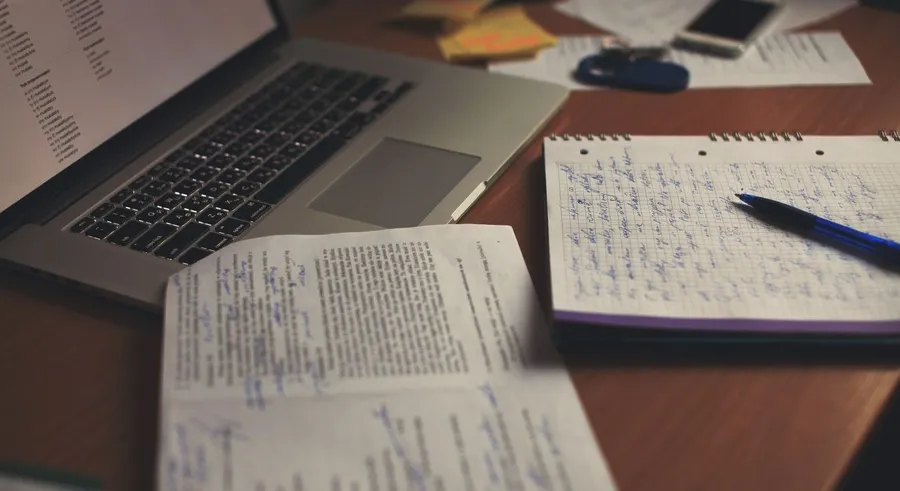Menu

As we all know, having many classes with different subjects is extremely common. However, studying many subjects can be confusing and lead to loss of focus when switching topics or overstudying. This guide will go over some insight that you may find helpful the next time you have to study for multiple things in the same session.
Some subjects are, at the core, completely different from one another. For example, Math and Writing. These two subjects require two different thought processes, meaning it might be detrimental to mix them. When studying different subjects, try to group work and content from one subject, and seperate it from the other. This means doing math work and studying for it, then in an entirely new time block, switching to writing. This way of studying is more likely to help you achieve huge strides of progress in each subject.
However, some subjects are very close or similar to one another. For example, Math and Physics. These two subjects overlap in skillset, and it is completely possible you are able to seamlessly switch between these two subjects while still studying efficiently. Concepts from one topic may connect to the other, and there is a possible benefit of increased learning. Another time you may use interleaving is when a test requires you to switch topics. An obvious example is the SAT, which requires you to be able to switch from Math to Reading & Writing in the same test. In this case, studying both topics following each other is beneficial to practice switching thought processes.
Studying multiple subjects can be done in diffrent ways, each having their own benefits. Grouping yields high progress in one topic at a time, and is the most useful with non-related topics. On the other hand, Interleaving allows you to broaden your focus to more similar topics that support each other, and study for tests like the SAT that switch topics. The method that works best will be subject to the individual, so find what works best for you and boost your efficiency!